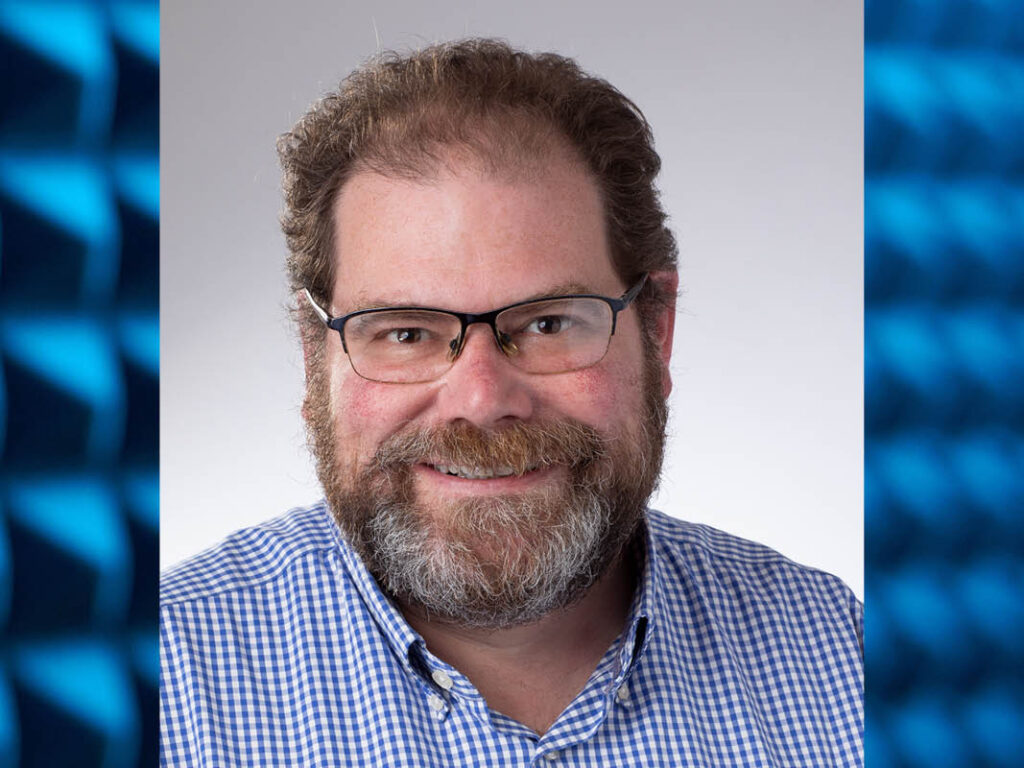“To say that Australia is behind is an understatement,” says Piers Grove, reflecting on the nation’s inertia regarding the circular economy.
The founder of Boomerang Labs and EnergyLab believes policymakers focus too much on recycling or reuse.
“Rather, we must design waste from our products; we’re thinking about this incorrectly,” he tells InnovationAus.com editorial director James Riley during a recent conversation on Commercial Disco(very) sponsored by CSIRO.
While EnergyLab propels Australia towards a clean energy transition by supporting startups in renewable energy and energy efficiency, he describes Boomerang Labs as its ‘little cousin’ targeting the circular economy.
Currently, the largest local cleantech startup accelerator, his team connects talented founders to the mentors, advisors, partners, peers, and investors they need to succeed.
While Boomerang Labs has been trailing behind EnergyLab for a few years, Mr Grove notes with pride that “it’s really starting to hit its straps now.”
His ecosystem blossoms a range of startups like Bear Hug and Charity. Bear Hug, for instance, transforms packaging with fabric wraparounds for reuse a thousand times — in stark contrast to single-use plastics.
Charity shakes up how we think about recycling with smart barcode systems that scan waste before it hits the bin. These systems simply won’t open non-recyclables.
These clever approaches spark conversations about making recycling systems brighter and almost foolproof using actionable business models.
“There is so much going on in this sector that if you review our site, you will leave with one great idea you want to take into your life tomorrow,” he says.
The chasm between creating sustainable products and effectively handling their end-of-life waste frustrates the climate tech entrepreneur: “We’re constantly let down,” laments Mr Grove.
As he points out, no country wants to be a dumping ground, a reality Australia faces. Despite good intentions to recycle soft plastics and other materials, the industry faces a wall with processing capabilities.
With China no longer accepting Australian waste, growing stockpiles and a pressing question remain: How do we close the loop domestically?
He argues the situation calls for collectively reevaluating our recycling strategies and infrastructure.
“The recycling process is so broken that we as a society are much better off going up to the design end, and consumers are on board for it.”
Mr Grove points to ZeroCO, a trailblazing company reimagining household cleaning products. “They’ve managed to make the containers completely reusable,” he says, “just sending you a tablet that dissolves in regular water”.

ZeroCO’s model circumvents traditional waste by focusing on reusable packaging and concentrated products. The approach challenges the status quo and resonates deeply with consumers tired of the wasteful packaging synonymous with major retailers.
“No one’s a huge fan of taking that eight-kilo packet of laundry detergent home,” he asserts, spotlighting the solution’s convenience and sustainability.
Driving adoption for similar initiatives hinges on education: “We need to make sure it’s understood by all consumers; then all companies are commercially driven to make the change.”
He observes that younger generations drive much of the progress, with smaller pockets of baby boomers also coming to the party.
The conversation with Mr Grove opens up exciting insights into the types of entrepreneurs reshaping the circular economy and further upstream into the energy sector.
From tech innovators harnessing renewable energy sources to visionary thinkers exploring the potential of energy storage solutions, Mr Grove notes a common thread: a deep-seated desire to address climate change and reshape the future of energy consumption.
“These entrepreneurs aren’t just chasing profits; they’re determined to make a real difference,” he shares, with firm proof that innovation and environmental stewardship can go hand in hand.
The energy sector’s complexity is precisely what draws in the true innovators, but the challenges are immense.
“We tend to see the most success with mid-career entrepreneurs — those with a solid technical background from academia, where they’ve focused on researching and developing new materials, or from leading energy companies like AGL, Origin and Transgrid,” Mr Grove explains.
These seasoned professionals transition to entrepreneurship with a trove of industry-specific insights, enriching the EnergyLab community.
He agrees they take a brave leap to become a founder, considering they’re leaving well-paid jobs to disrupt an arena where the average time for a clean tech company to exit is over 13 years.
“I have an immense respect for many of the people who do this because it’s not an instant path to wealth,” he says.
Do you know more? Contact James Riley via Email.
